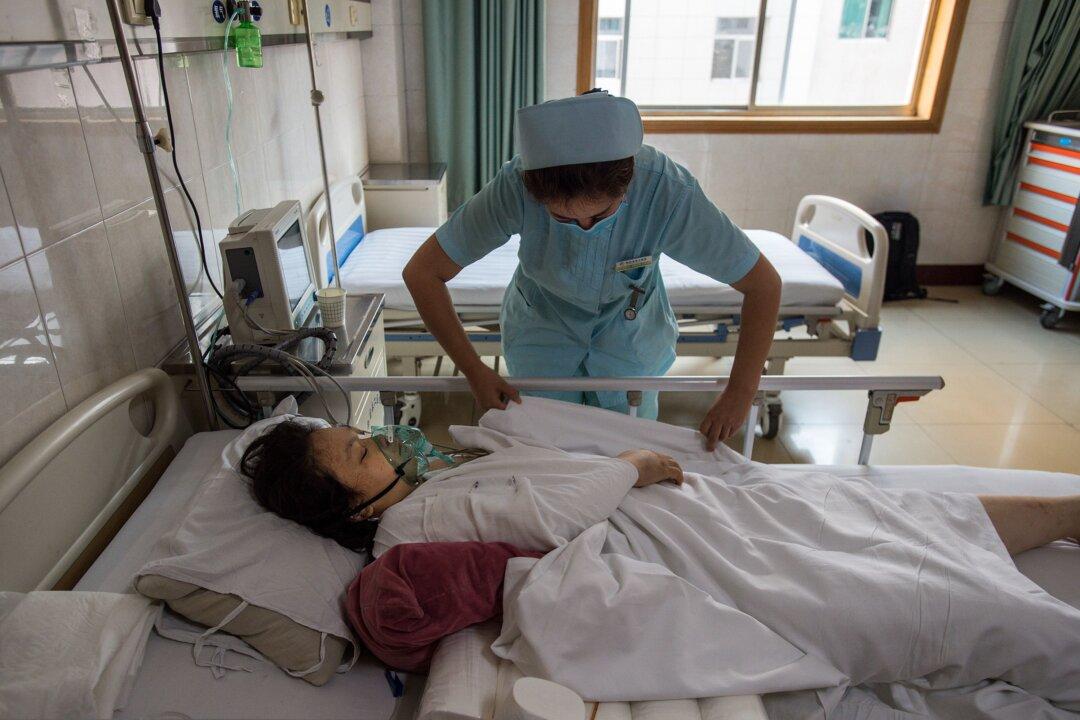A recent exposé has revealed the ways in which hospitals scam the insurance system to get insurance payments, akin to running a business operation to profit off patients.
An article published in the state mouthpiece news agency, Xinhua, on Jan. 18 detailed how staff at the Anhui University of Chinese Medicine No. 3 Affiliated Hospital colluded to give false diagnoses to patients, in order to acquire insurance funds.





